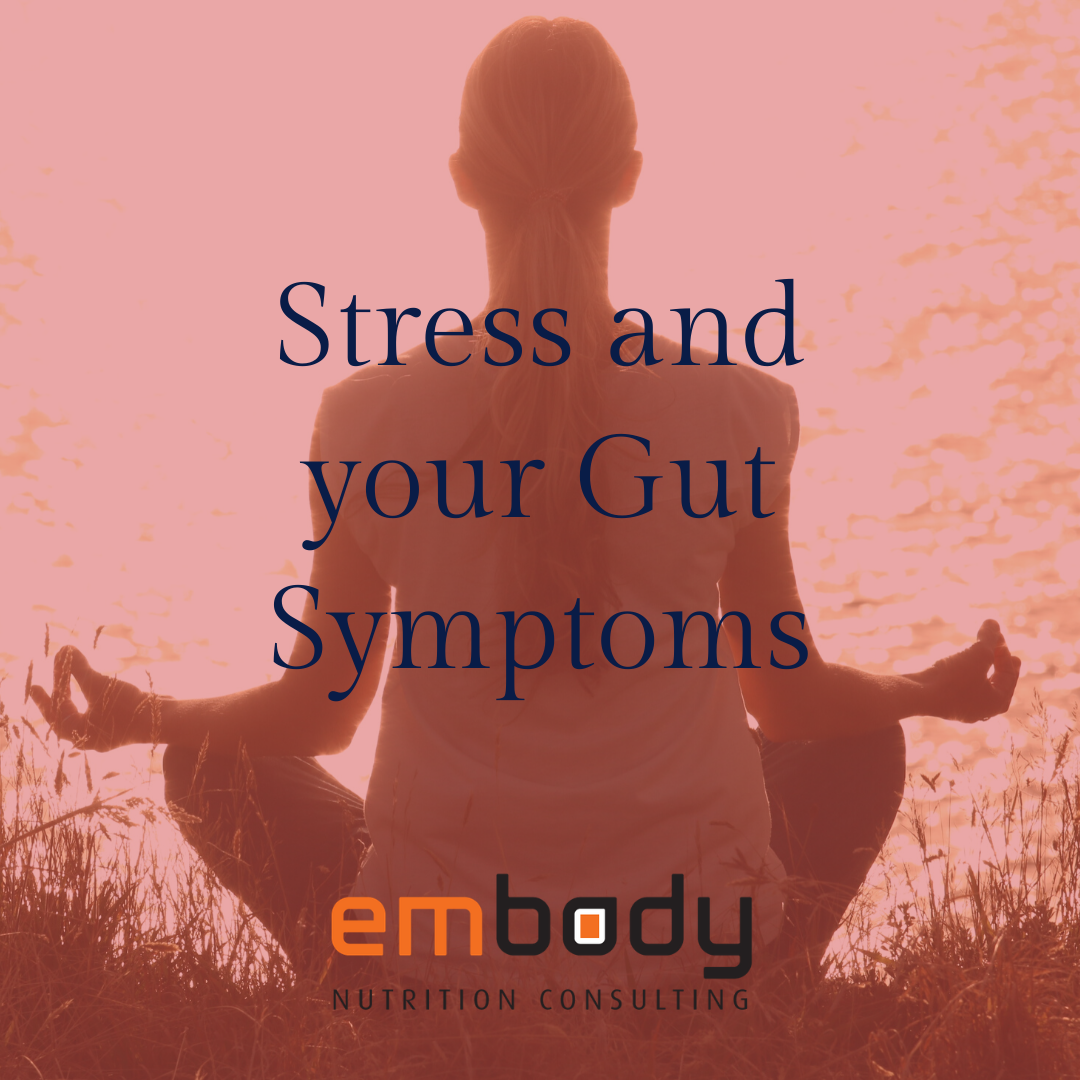As the COVID-19 pandemic unfolds it’s not surprising that people are feeling a wide range of thoughts and feelings – including uncertainty, overwhelm, stress and anxiety. It is for this reason that we wanted to share some insight into mood disorders and gut symptoms. Chances are, if you have any history of gut issues whatsoever, they could be worse right now. Before you jump to excluding certain foods, or paying for an expensive gut-health supplement, we want to do our bit to help you to understand why this might be occurring…
Your gut-brain axis
The gut-brain axis (GBA) is a constant two-way communication between the gut and brain. This communication occurs via multiple pathways, including via a phoneline-like nerve called the ‘vagus’ nerve, and chemical/immune messages. We know there is a link between stress, anxiety and depression, and gut disorders – and a disturbance of this GBA might help to explain why this occurs.
Mood-related conditions (e.g. stress) may disrupt the gut-brain axis, causing changes in the way the gut moves (e.g. faster OR slower), and increasing sensitivity to pain. We know that those with stress, anxiety and/or depression are more likely to have Irritable Bowel Syndrome (IBS), which is defined as a disorder of the gut-brain axis with a particular subset of symptoms including diarrhoea and/or constipation and abdominal pain.
Have you ever been really nervous before an exam, sporting event or interview? Well, this is the perfect example of the GBA in action. Nerves kick your ‘flight or flight’ response into action, and ‘non-essential’ bodily functions are reduced. Blood travels away from your gut to your muscles and brain. This disrupts the normal movement of the muscles along your gut, shutting digestion down and causing constipation… or evacuating either end!
There is no dietary fix for stress.
If you are experiencing gut symptoms – we implore you to consider stress and anxiety, and seek professional help before cutting out certain foods. In many cases – restricting foods and food groups just makes things worse. If you do think food is playing a role, reach out to us, so that we can work together to find your personal triggers.
We are not stress and anxiety management experts by any means, but things we have found that may help include:
- Sticking to your routine as much as possible.
- Moving – in any way you find enjoyable right now. Consistent yoga practice has been shown to be beneficial for IBS – give it a try!
- Staying connected to others – we are lucky to have so many ways to communicate.
- Make time for relaxation and self-care – this is different for everyone (ideas include meditation, exercise, a healthy meal, a bath, breathing exercises, quality time with family).
- Have social media-free time – distraction is not relaxation, so take time to switch off.
If you need help getting your gut symptoms sorted, please reach out for help.
You can grab your FREE Good Gut Meal Plan here or contact us to book a one on one appointment.

